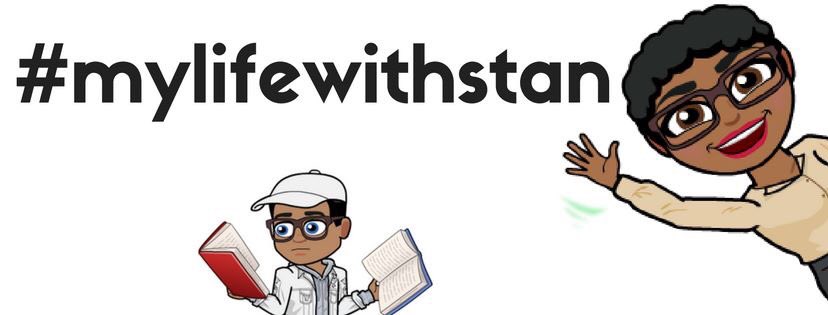This is a fools errand, Whatever you come up with, it can always be longer.
This is better, but tends to fall apart at the edges, when you don't entirely understand your audience
If you want to run a musketeer game, how do you handle the fencing skill? If everyone's going to have it, does it even matter at all?
Another solution is to go outside the skill system but not ACTUALLY go outside of the skill system, and just have skills that are powers or exceptions and generally a total mess. (Palladium)
Except...they kind fo suck now.
This is not a solvable problem. Not at the level of a published RPG at least.
This is actually fine, especially if the game really has a lot of other moving parts. D&D may have skills, but playing D&D is not *about* skills. It's about combat and spells.
Most games are pretty similar, if less fossilized, and with possibly different core activities. .
It's a good question. There's an OSR joke that no one fell off a horse until the riding skill was introduced, and it's kind of depressingly true.
So why have skills? Is it punitive?
* Framing Challenges
* Gatekeeping
* Differentiating Characters
* Self-hacking
(I reserve the right to think of another as I talk, but these will do for now)
Rather, the skill list is a reflection of designers intent which explicitly says these are things which you might fail at.
But more often, the designer has no such idea, but instead has a sense of coimpletionism or bad simulation.
In short: The skills help tell what the game is *about*.
How important this is depends a lot on whether the rest of the game offers similar differentiation. In the Amber DRPG, for example there are no skills at all, but character differentiation is a huge part of the background.
This is invariably kind of kludgy, and it's not a good look, but I get that sometimes it's necessary.
Easy: MAKE YOUR SKILL LIST SHORTER.
(Getting rid of it entirely is also an option, but that would be a cheat of an answer. Topic for another day).
1. What happens if No One takes this skill?
(If the answer is "Not much" then look hard at why it's there at all. If the answer is "Disaster" then why is it a choice?")
(If not, consider moving this somewhere else. There are a ton of gateway skills which don't ever need to be rolled except as an exercise of habit. Can you swim or not?)
4. Do you know how you're going to run this skill clearly enough that you can imagine running five different scenes using it that don't repeat?
If either of these is no, definitely reconsider.
This is fair, and I sympathize. For you, I offer a different tip.
Take a look at whatever the max rank is in a skill and see if any characters overlap in that skill.
If not, no prob
Not, like, fully 50/50, but rather, talk to the players about their characters and figure out what the differences are, and change the skills to suit.
It's not the bonuses that create differentiation, it's gates
There is one very specific and concrete virtue to very long skill lists:
They create an opportunity for *players* to communicate what they are interested in.
Start with the biggest skill list you find interesting, and let your players pick from that.
Then collapse every skill they did not take.
You now have the game your table wants.
I will *never* write a skill list as good as the one in Spirit of the Century. Not just because I'm not sure I could, but because it's not something I would do again.
1. Using the skill
2. How to be awesome with it (player)
3. How to make the skill exciting in play (GM)
4. Stunts


